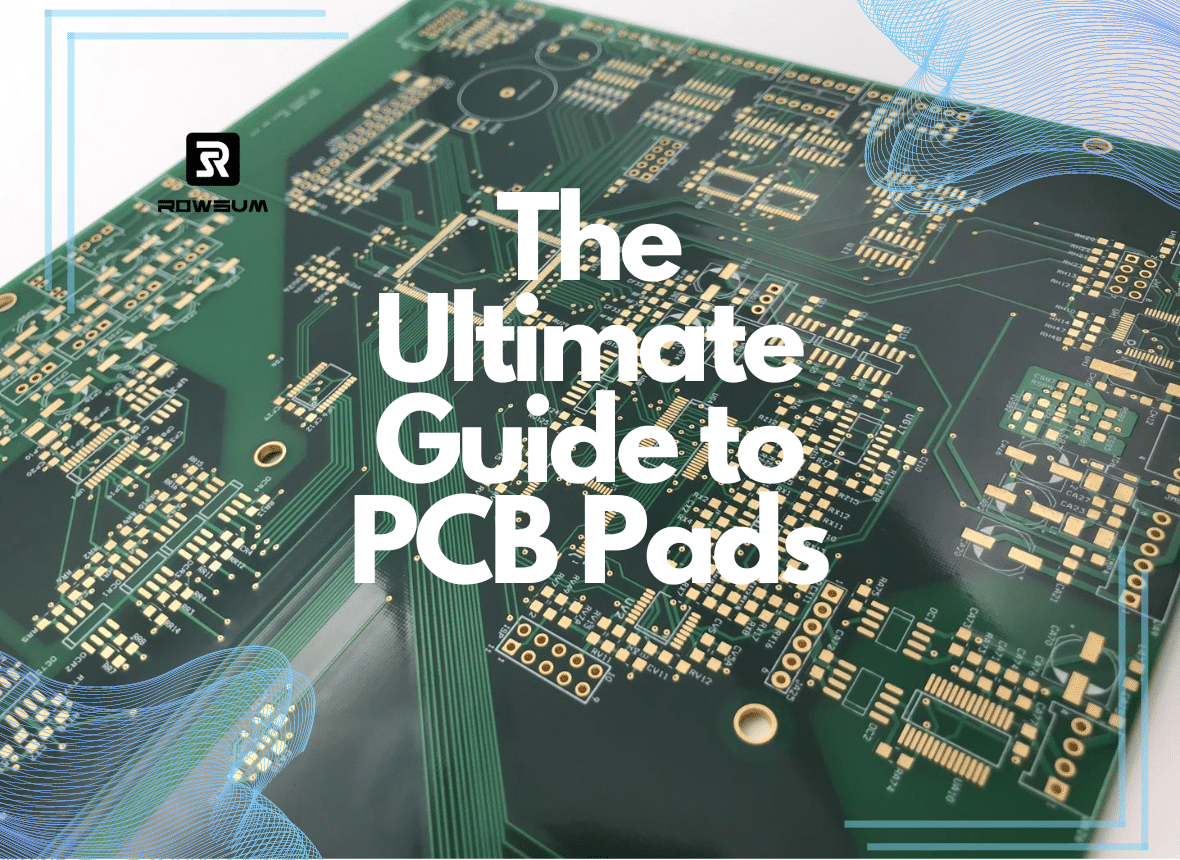Have you ever been left scratching your head, wondering why an electronic device failed unexpectedly? Are you curious about the quality assurance methods that could have prevented such a situation? What if you could gain insights into the top inspection techniques that ensure PCBAs deliver reliable performance? How would it feel to have the knowledge to make informed decisions when selecting a manufacturing partner? This article aims to satisfy your curiosity and answer these burning questions, providing valuable information on the best PCBA inspection methods for quality assurance.
The key to ensuring reliable performance in electronic devices lies in employing a comprehensive PCBA inspection strategy. By utilizing a combination of inspection methods, such as visual inspection, X-ray inspection, functional testing, and reliability testing, manufacturers can effectively identify and correct defects early in the process. Gaining insights into these top inspection techniques will enable you to make informed decisions when selecting a manufacturing partner, ensuring the highest quality standards and reliable performance for your electronic devices.
Introduction
In the world of electronics manufacturing, Printed Circuit Board Assembly (PCBA) inspection is a crucial step to ensure the functionality and reliability of the final product. This article will explore the top inspection methods that guarantee quality assurance in the PCBA manufacturing process.
Visual Inspection
Manual visual inspection
Manual visual inspection has long been the most basic method of inspecting PCBAs. Skilled inspectors examine the boards to identify potential defects, such as misaligned components, solder bridging, or missing parts. However, this method is time-consuming and prone to human error.
Automated Optical Inspection (AOI)
AOI systems utilize high-resolution cameras and advanced image processing algorithms to inspect PCBAs automatically. They can detect defects with high precision, making them a more efficient and reliable option than manual visual inspection.
X-Ray Inspection
X-ray inspection allows for the non-destructive examination of the internal structures of PCBAs. It can reveal hidden defects, such as voids in solder joints, that are not visible to the naked eye. However, this method can be expensive and may not detect all types of defects.
In-Circuit Testing (ICT)
ICT involves using a bed-of-nails test fixture to electrically test the functionality of each component on a PCBA. This method can detect shorts, opens, and incorrect component values. However, it can be time-consuming and requires a custom fixture for each board design.
Flying Probe Testing
Flying probe testing uses a set of mobile test probes to make electrical contact with specific points on the PCBA, allowing for functional testing without the need for a custom test fixture. This method is flexible and cost-effective, but it can be slower than ICT.
Functional Testing
Functional testing involves powering up the assembled PCBA and testing its functionality in a simulated or actual operating environment. This method provides a comprehensive evaluation of the board’s performance, but it may not detect all defects.
Boundary Scan Testing
Boundary scan testing uses a standardized method for testing interconnects between components on a PCBA without requiring physical test probes. It can detect opens, shorts, and incorrect component connections. However, it requires specific design considerations and additional hardware for testing.
Environmental Testing
Temperature cycling
Temperature cycling tests a PCBA’s ability to withstand temperature fluctuations, which can cause thermal stress and lead to component failure.
Thermal shock testing
Thermal shock testing exposes PCBAs to rapid temperature changes to evaluate their ability to handle extreme temperature variations.
Vibration testing
Vibration testing simulates the mechanical stresses that PCBAs may experience during transportation or operation, ensuring they can withstand these conditions.
Highly Accelerated Life Testing (HALT)
HALT is an aggressive testing method that exposes PCBAs to extreme environmental conditions beyond their specified limits. The goal is to identify potential failure modes and improve the design to enhance the product’s overall reliability.
Highly Accelerated Stress Screening (HASS)
HASS is a process that subjects PCBAs to intense environmental stress conditions during the manufacturing stage to detect latent defects. This method ensures that only high-quality products are shipped to customers.
Importance of Quality Assurance in PCBA Manufacturing
Quality assurance is essential in PCBA manufacturing to ensure that the final products meet the desired performance and reliability standards. A thorough inspection process can help identify and correct defects early, reducing the risk of product failure and costly recalls.
How Rowsum Ensures Quality Assurance
Rowsum, a leading PCB and PCBA manufacturer based in China, is committed to delivering high-quality products and services to its clients. The company employs advanced inspection methods and state-of-the-art equipment to ensure that each PCBA meets the highest quality standards.
Rowsum’s competitive advantage lies in its focus on quality, reliability, and customer service. By addressing common pain points such as high prices, inconsistent product quality, and lack of reliable customer service, Rowsum provides its clients with an exceptional manufacturing experience.
Benefits of Choosing Rowsum
By choosing Rowsum as your PCBA manufacturing partner, you can expect:
- Competitive pricing without compromising on quality
- Efficient and cost-effective automated production lines
- A commitment to transparency and confidentiality
- Technical support and quick turnaround times
- A customer-centric approach that prioritizes your needs
Conclusion
Selecting the appropriate PCBA inspection methods is crucial to ensuring quality assurance in electronics manufacturing. Rowsum’s commitment to quality, reliability, and customer service makes it an ideal choice for clients seeking a dependable PCBA manufacturing partner.
Frequently Asked Questions (FAQs)
- What is PCBA?
PCBA stands for Printed Circuit Board Assembly. It involves attaching electronic components to a printed circuit board (PCB) to create a functional electronic device. - Why is quality assurance important in PCBA manufacturing?
Quality assurance is vital in PCBA manufacturing to ensure that the final products meet performance and reliability standards. It helps identify and correct defects early, reducing the risk of product failure and costly recalls. - What is the difference between HALT and HASS?
HALT (Highly Accelerated Life Testing) identifies potential failure modes in the product design, while HASS (Highly Accelerated Stress Screening) detects latent defects in the manufacturing process. - How does Rowsum ensure quality in PCBA manufacturing?
Rowsum employs advanced inspection methods and state-of-the-art equipment to ensure each PCBA meets the highest quality standards. The company focuses on quality, reliability, and customer service to provide an exceptional manufacturing experience. - What are the benefits of working with Rowsum for PCBA manufacturing?
Rowsum offers competitive pricing, efficient automated production lines, transparency, confidentiality, technical support, quick turnaround times, and a customer-centric approach to ensure a positive manufacturing experience.










